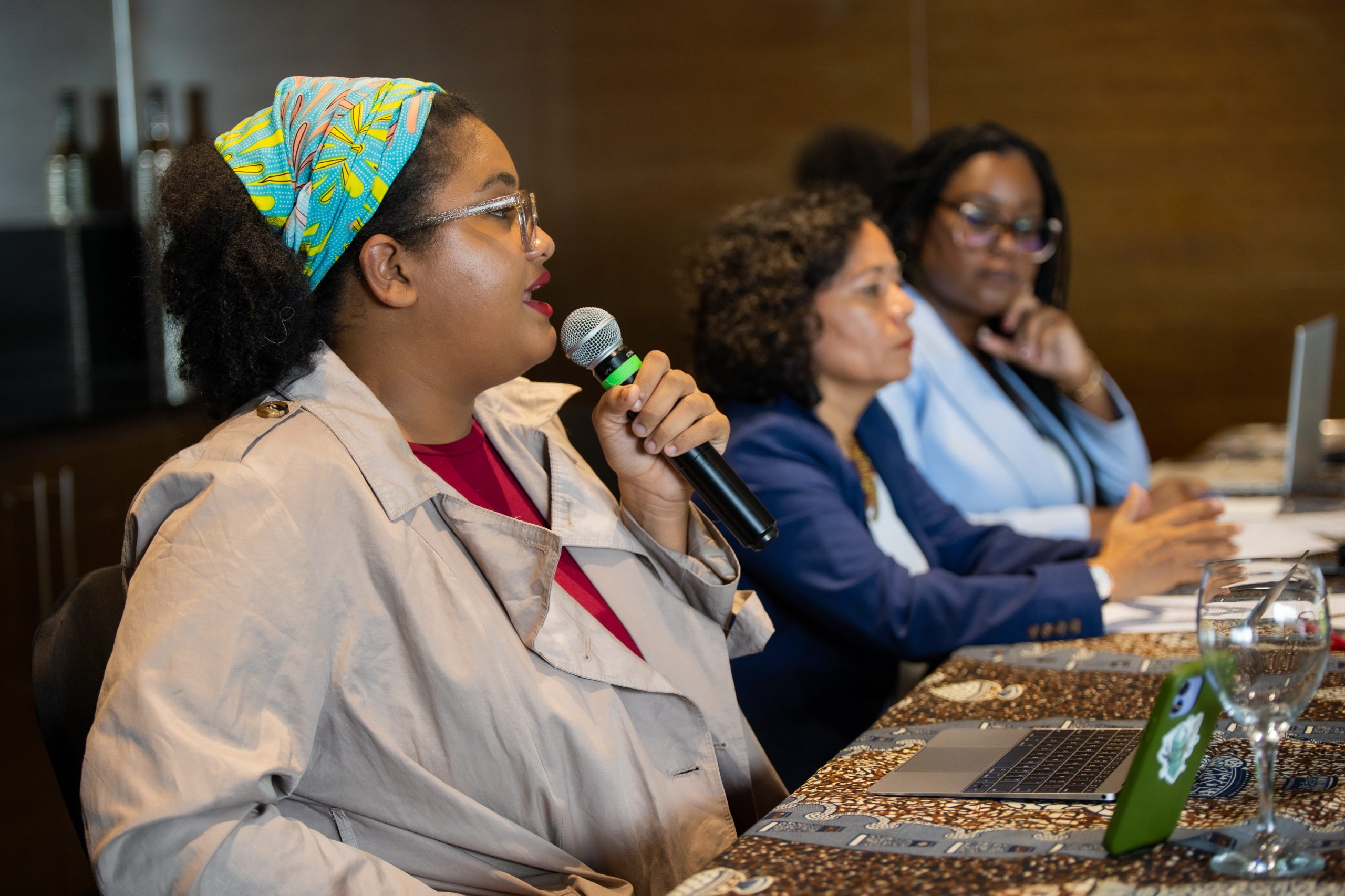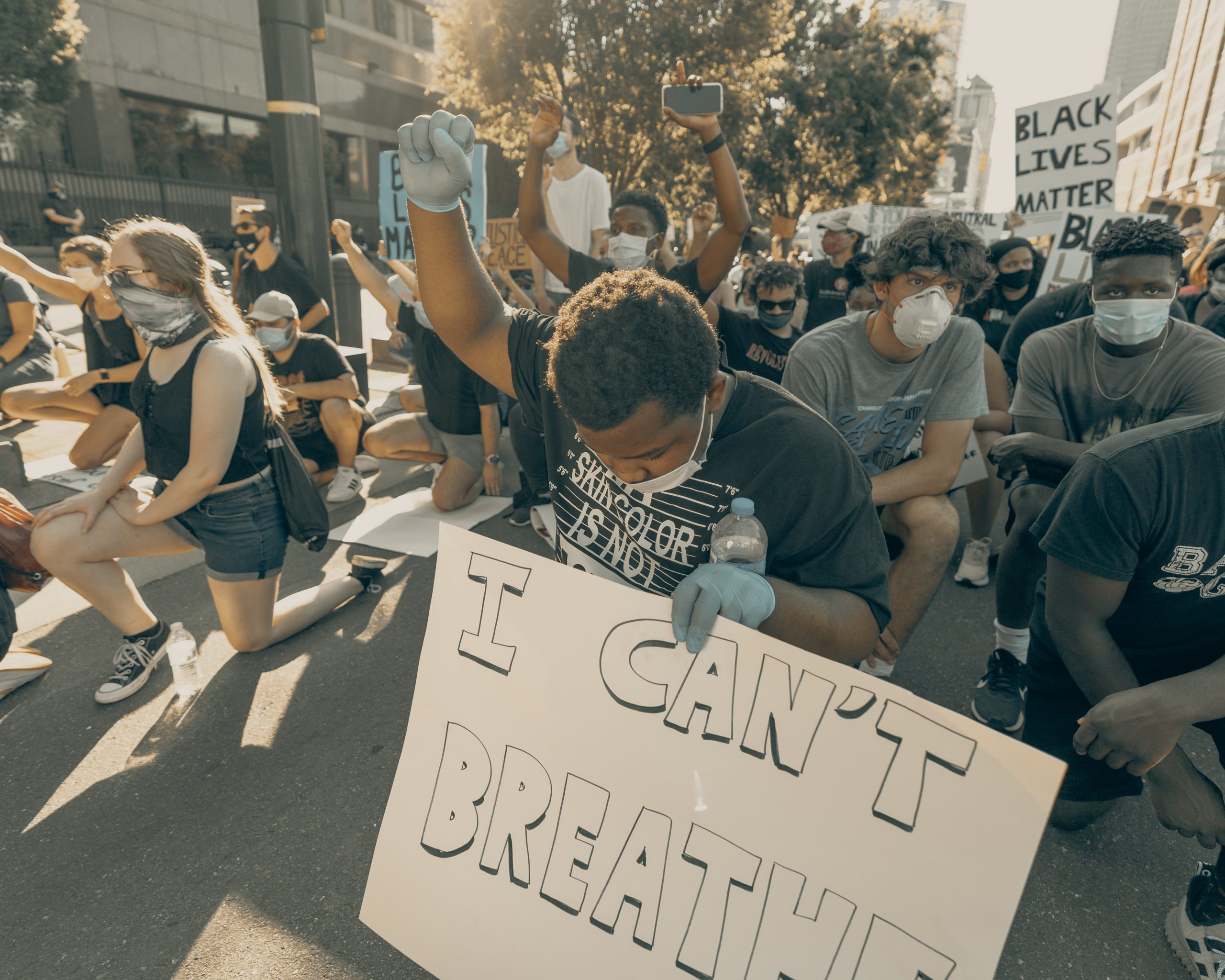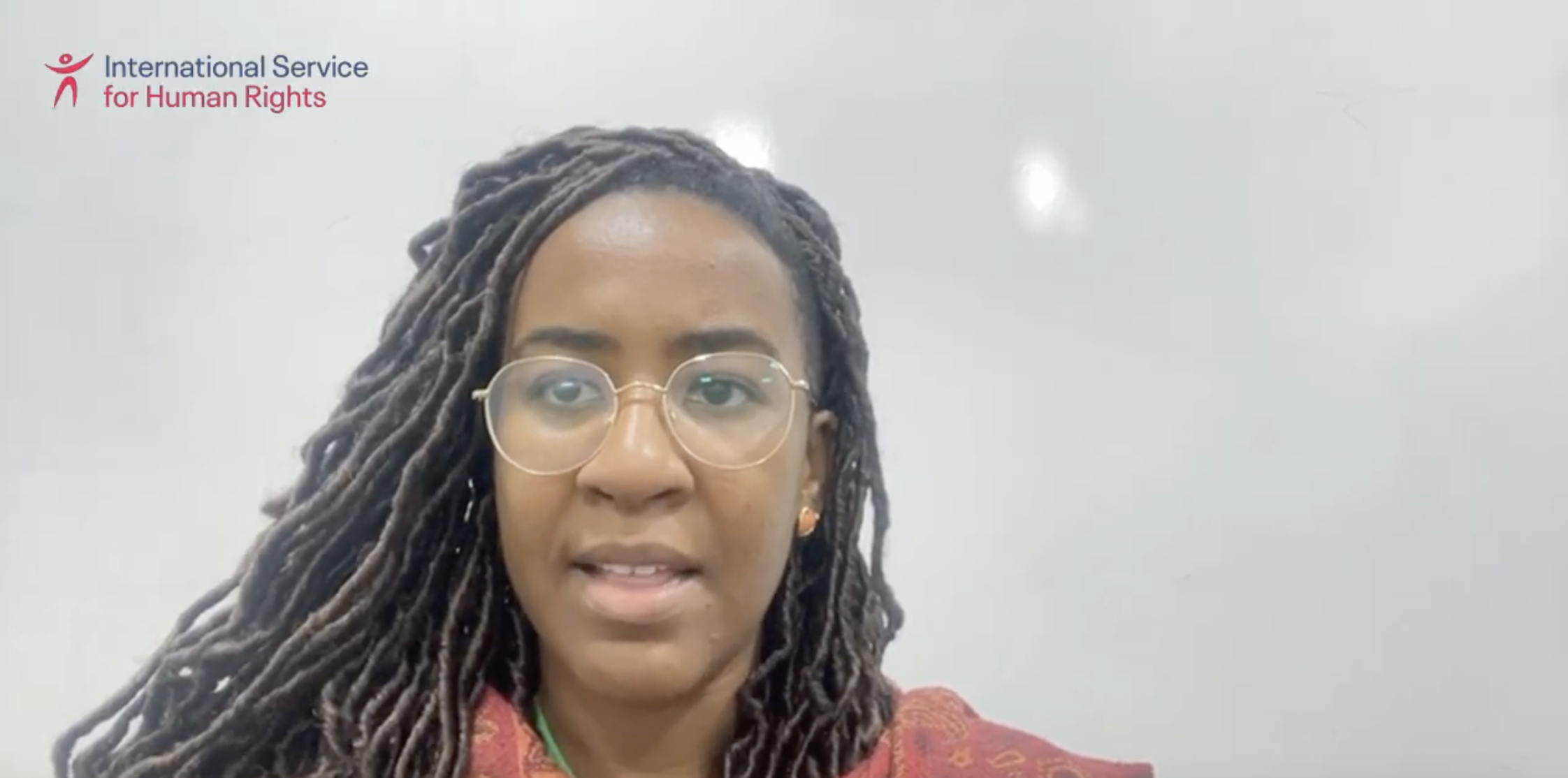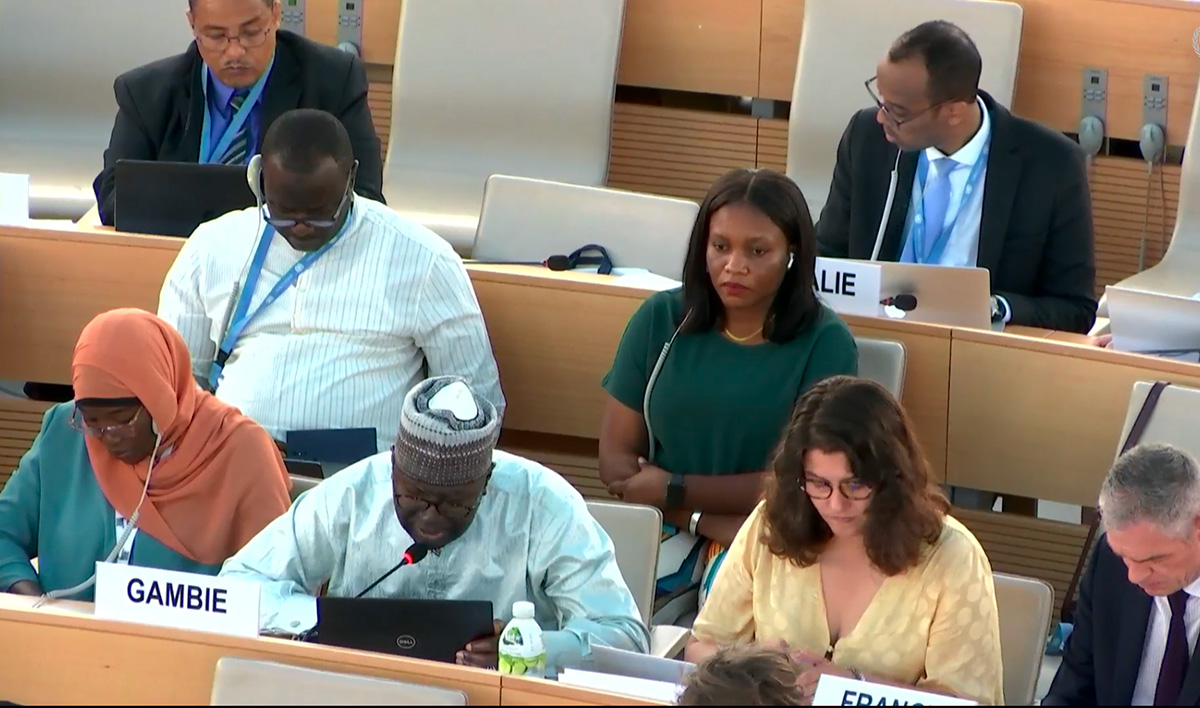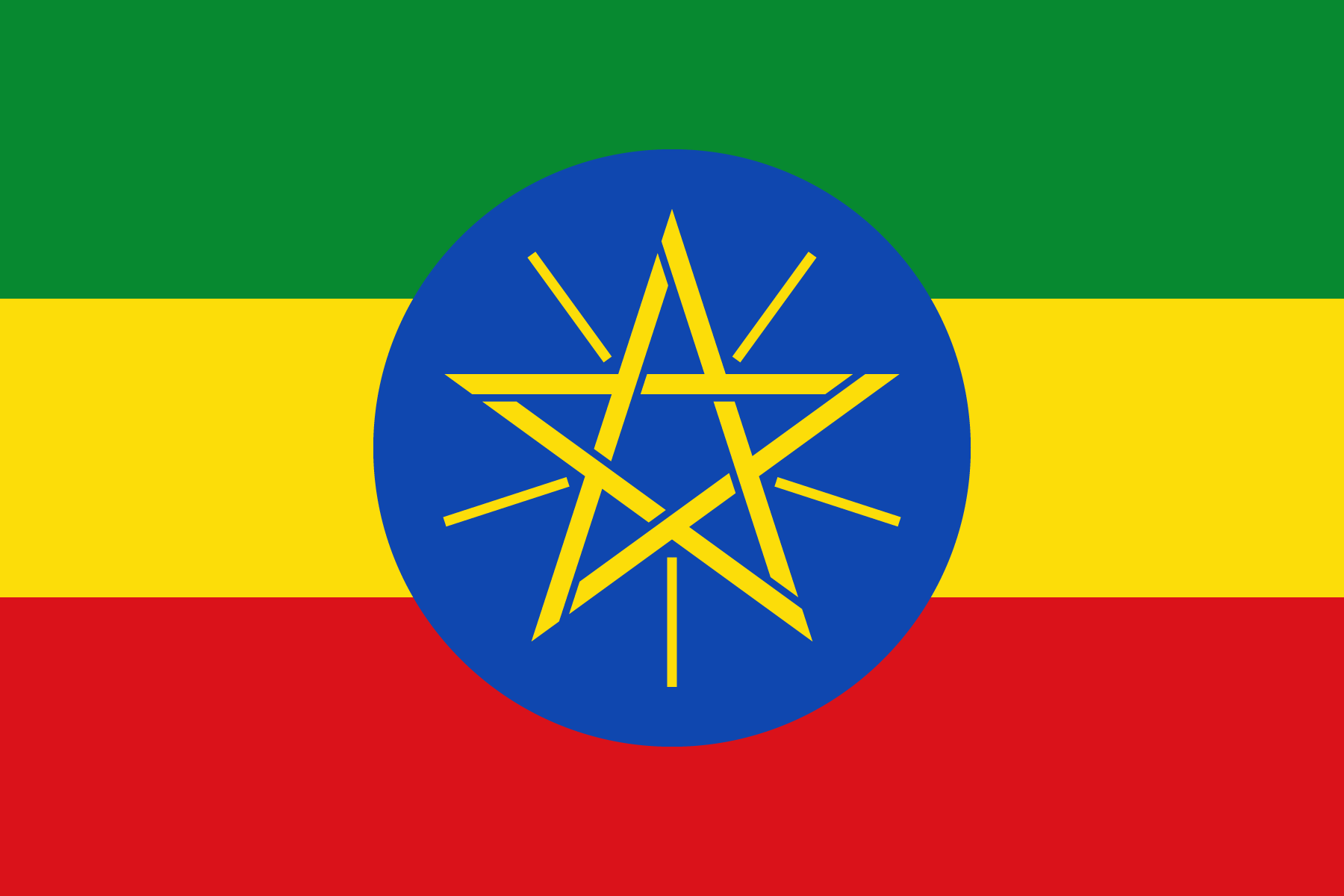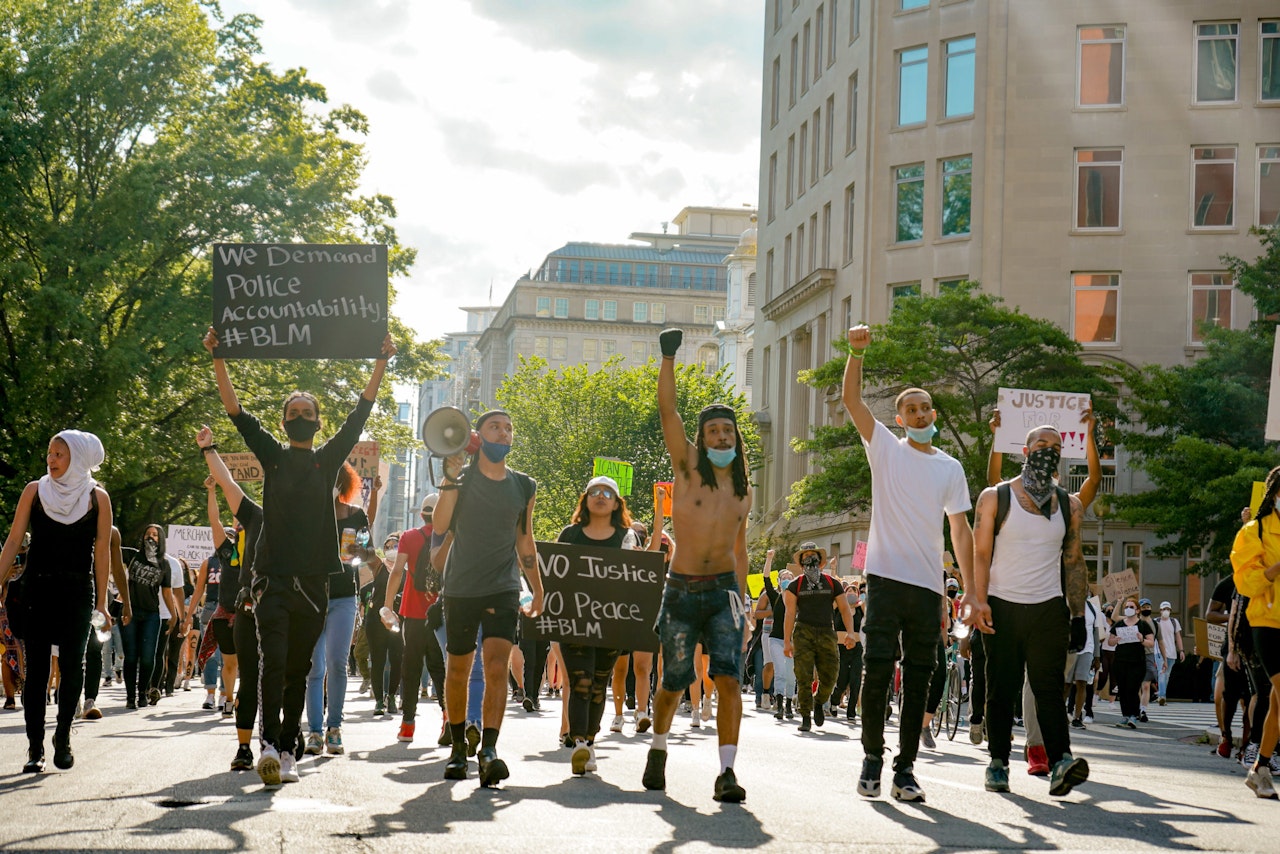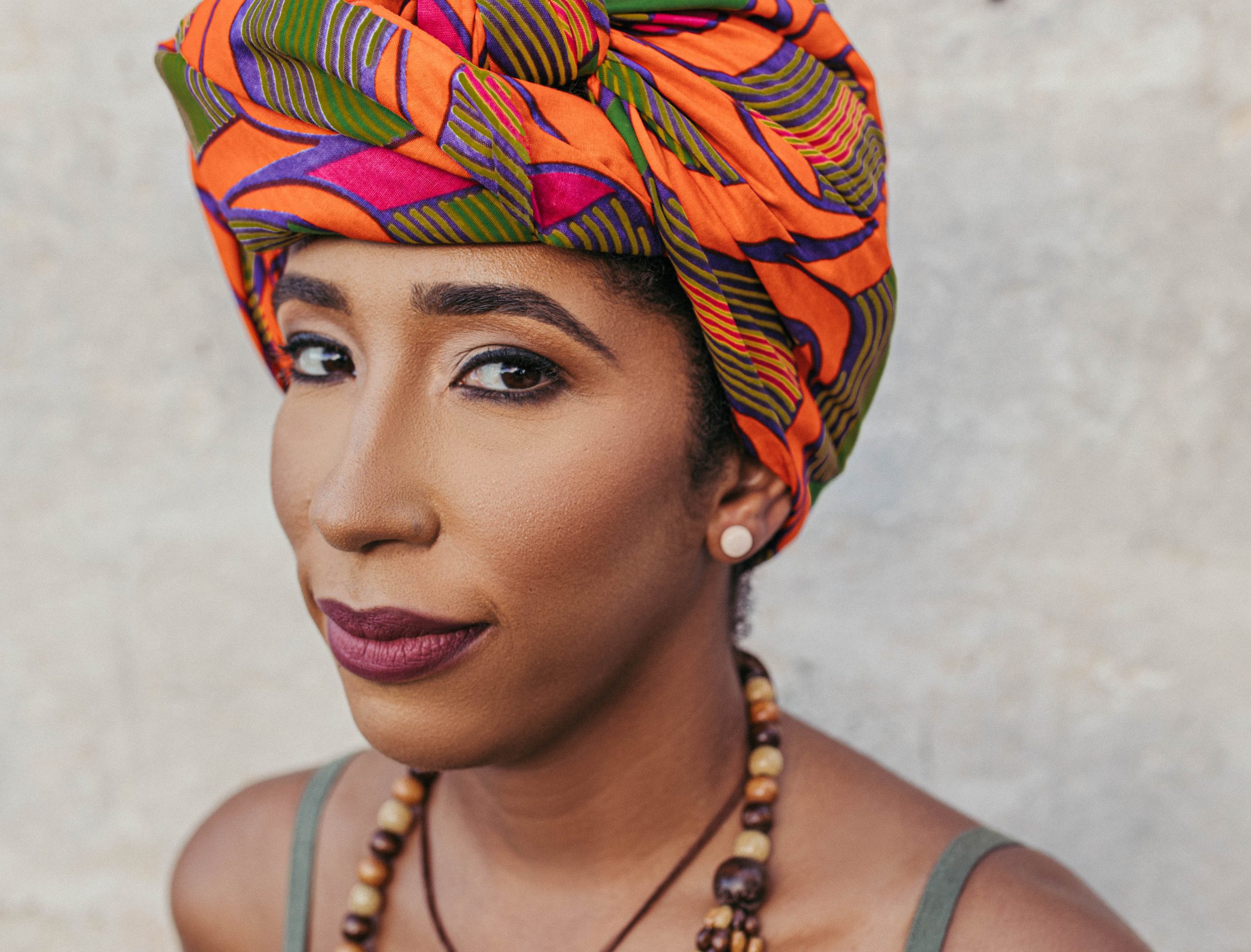ISHR is committed to addressing all forms of discrimination and promoting diversity and inclusion, both internally and through our programmatic support to women human rights defenders, LGBTIQ rights defenders, and anti-racism defenders, among others.
Unfortunately because of deep-rooted discrimination and stereotypes related to gender and sexuality, women human rights defenders face multiple and intersecting forms of discrimination and violence – both because of the work they do and because of who they are. Women human rights defenders are detained and tortured in retaliation for their work to challenge patriarchy and demand an end to discrimination and violence. ISHR played an instrumental role in lobbying States at the UN Human Rights Council to call for the immediate and unconditional release of detained Saudi women human rights defenders and accountability for their torture.
Social movements taking to the streets to demand racial justice are met with disproportionate force from police and armed security forces. Working together with affected people and communities, and as part of together with a broad civil society coalition, ISHR played an instrumental role in:
- pushing for the UN Human Rights Council to convene an urgent debate in June 2020 on systemic racism and police violence and to centre and elevate the voices, experiences and expertise of Black people and people of African descent.
- calling on the Council to establish an independent international expert mechanism to address systemic racism and promote racial justice and equality for Africans and people of African descent through the adoption of a resolution in July 2021.
These developments are a testament to the resilience, bravery and commitment of victims, their families, their representatives and anti-racism defenders globally.
ISHR has played a significant role in supporting progress on the rights of LGBTI persons and communities at the UN, assisting LGBTI communities and defenders to participate in and have their voices heard.
We played a leading role in developing the Yogyakarta Principles on Sexual Orientation and Gender Identity and the Yogyakarta Principles plus 10; as well as contributing to the creation and renewal of a the first UN Independent Expert on violence and discrimination on the basis of sexual orientation and gender identity. Our work with LGBTI rights defenders strengthens international and regional protections against violence and discrimination.
